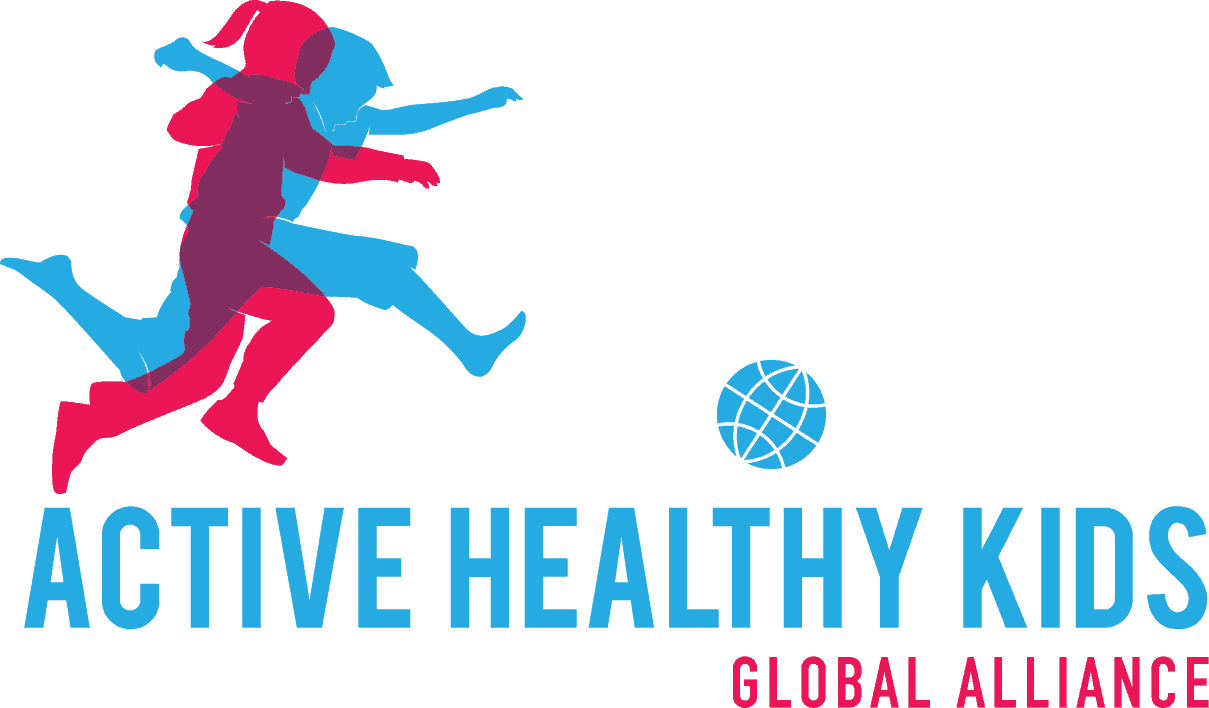Report Card Grades
- Overall Physical Activity: D+
- Organized Sport and Physical Activity: B-
- Active Play: B-
- Active Transportation: D
- Sedentary Behavior: D+
- Physical Fitness: C
- Family and Peers: C
- School: C+
- Community and Environment: B
- Government: C+

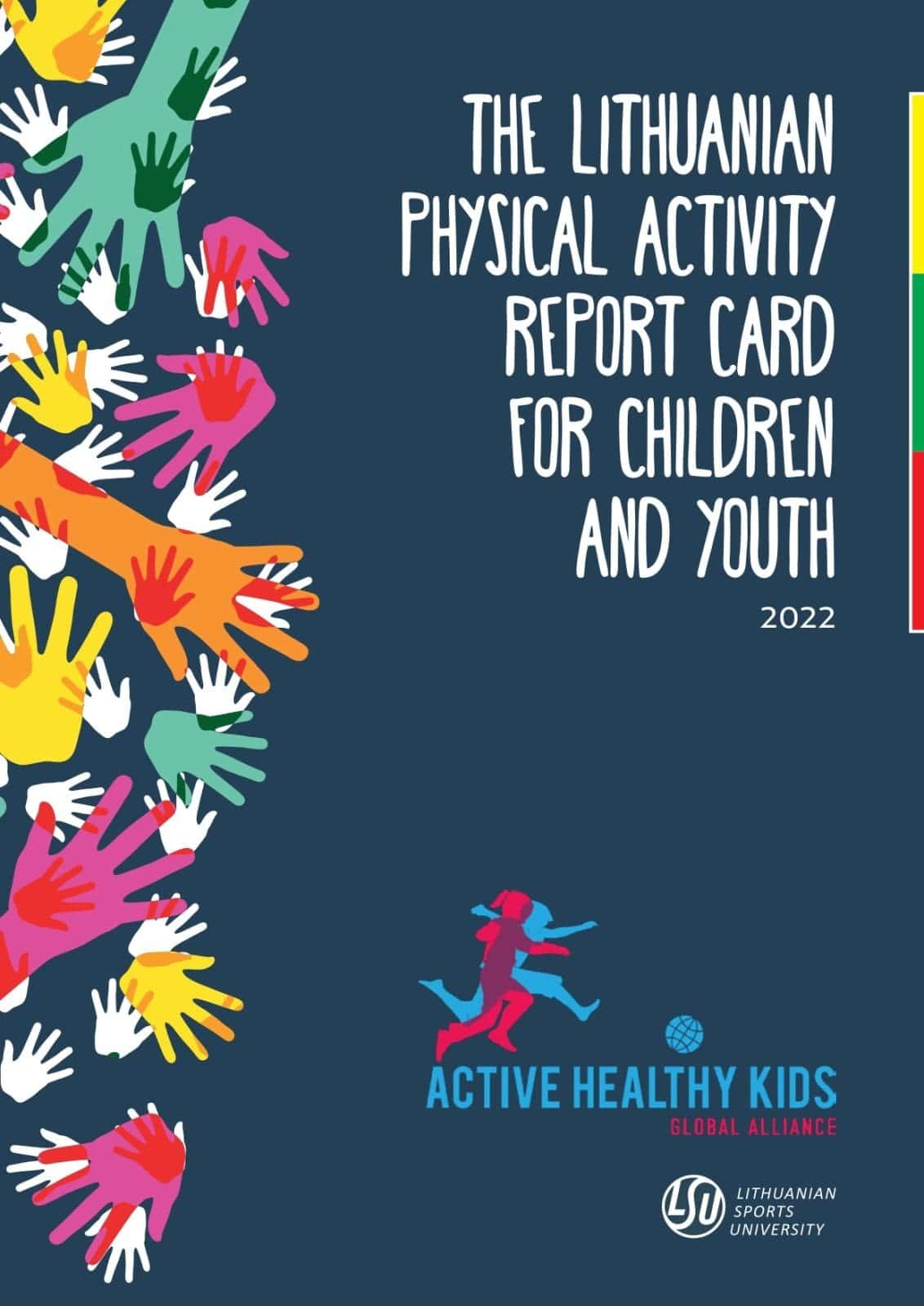
Arunas Emeljanovas, Ph.D.
Prof. Dr. Arunas Emeljanovas an author of over 80 publications in international scientific journals (about 40 on Web of Science (Clarivate Analytics) data base with Impact Factor), has offered several keynotes and invited presentations, and over 90 conference paper presentations. He is an expert in the field of physical education for Lithuanian Ministry of Education, Science and Sport.
Prof. Dr. Arunas Emeljanovas actively participate in scientific activities at the international level: was an opponent in PhD thesis defense in Latvia and Estonia; member of Scientific Expert Commission of Latvian Council of Science; member of several international scientific institutions: FIEP, ENSSEE, INSHS, CEREPS, Active Healthy Kids Global Alliance, Global Community Health.
He was a leader and member in a number of scientific, study and experimental development projects at national and international levels. Among them:
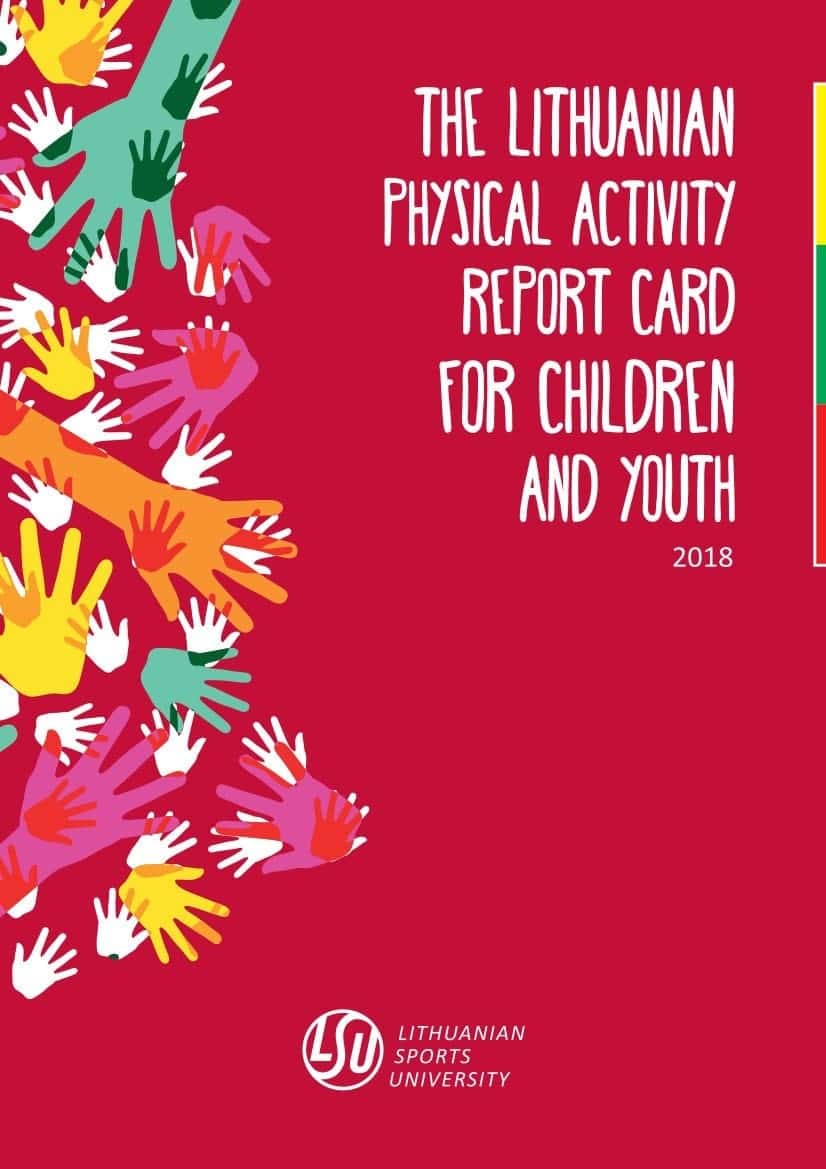
"Building active future for our (Lithuanian) children together with the rest of the world is a great opportunity and honor. Together we can do more than alone. Collaboration is inspiring. " - Arunas Emeljanovas, Ph.D.
Lithuania’s 2018 Report Card on Physical Activity for Children and Youth
Arunas Emeljanovas1, Brigita Mieziene1, Rita Gruodyte-Raciene1, Saulius Sukys1, Renata Rutkauskaite1, Laima Trinkuniene1, Natalija Fatkulina2, Inga Gerulskiene3, Tomas Daukantas4, Vita Balsyte5, Tatjana Zabolotnaja6
1Lithuanian Sports University
2Vilnius University
3Department of Physical Education and Sports
4Ministry of Education and Science
5National Olympic Committee of Lithuania
6Ministry of Health
Introduction
Research reveals worsening trends for physical activity (PA) (Zaborskis et al., 2012) and physical fitness (Venckunas et al., 2017) in Lithuanian school-aged children. Lithuanian youth are among the least active in the context of other European countries (Kalman et al., 2015). School-aged children’s physical fitness is constantly declining, with some aspects of physical fitness declining by as much as 50% during the last two decades (Venckunas et al., 2017), which can lead to earlier onset of health problems, decreased quality of life and increased financial burden on the society.
Methods: The Report Card
The 2018 Report Card included the 10 core PA indicators, which represents behaviors (Overall PA, Organized Sport and PA, Active Play, Active Transportation, and Sedentary Behaviors), settings and sources of social influences (Family and Peers, School, and Community and Environment), strategies and investments (Government) and health related Physical Fitness. Data from multiple sources were used to inform the grades in accordance with common benchmarks.
Results
| Indicator | Grade |
| Overall PA | C- |
| Organized Sport Participation | C |
| Active Play | INC |
| Active Transportation | C- |
| Sedentary Behaviours | C- |
| Physical Fitness | C+ |
| Family and Peers | D |
| School | C+ |
| Community and Environment | C |
| Government | C |
Conclusions/recommendations
Many PA indicators in Lithuanian children and youth show that actions need to be taken to improve the current situation. Although in Lithuania policy agenda, policy formation, policy implementation, policy evaluation and decisions about the future regarding PA are discussed at the governmental level, these issues are still episodic, lack consistency, there is no clear policy for PA (promotion) in school-aged children (and society in general). National recommendations for increasing PA and reducing sedentary behavior are also still missing. Attention should be focused on strengthening physical fitness at the national level. Finally, municipality level strategies and actions to encourage schools, communities, families and neighborhoods to get more involved in exercise and PA are needed.
